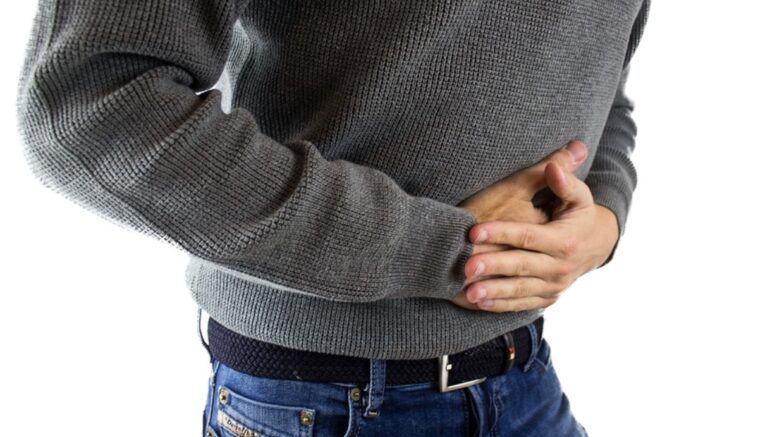Kidney stones can be a painful and uncomfortable experience that many people dread. These small, hard mineral deposits can form in the kidneys and cause a range of symptoms. In this article, we will explore the signs of kidney stones, strategies for prevention, and various treatment options. By understanding these aspects, you can better equip yourself to deal with kidney stones and maintain optimal kidney health. We will also provide references to reputable government medical websites for further information.
Symptoms
Kidney stones can cause various symptoms, often depending on their size and location. Some common signs of kidney stones include (NIDDK):
- Severe pain in the side and back, below the ribs
- Pain radiating to the lower abdomen and groin
- Fluctuating pain intensity
- Pain during urination
- Cloudy, foul-smelling urine
- Pink, red, or brown urine
- Nausea and vomiting
- Persistent urge to urinate
- Fever and chills (indicating infection)
- While small kidney stones may pass without causing significant discomfort, larger stones can obstruct the urinary tract and cause intense pain. If you experience any of these symptoms, consult a healthcare professional immediately.
Prevention
Preventing kidney stones involves lifestyle changes and dietary modifications. Here are some steps you can take to reduce your risk of developing kidney stones (CDC):
- Drink plenty of water: Aim for at least 8–10 glasses daily to help dilute your urine and decrease the concentration of stone-forming substances.
- Limit sodium intake: Reduce your consumption of high-sodium foods, as excess sodium can increase the amount of calcium in your urine, potentially leading to stone formation.
- Consume calcium-rich foods: Eating calcium-rich foods like dairy products can help bind oxalate in the gut, reducing the risk of kidney stones.
- Limit animal protein: High-protein diets can increase the risk of kidney stones by raising the level of uric acid and reducing levels of citrate in the urine.
- Monitor oxalate-rich foods: If you are prone to calcium oxalate stones, limit your intake of high-oxalate foods like spinach, rhubarb, and beetroot.
For more detailed dietary recommendations and guidelines, consult your healthcare provider or a registered dietitian.
Treatment
Treatment for kidney stones depends on their size, location, and the severity of symptoms. Common treatment options include as described by MedlinePlus include:
- Pain relief: Over-the-counter pain relievers like ibuprofen or acetaminophen can be used to manage mild pain. In more severe cases, prescription medications may be necessary.
- Medical therapy: Medications like alpha-blockers can relax the muscles in the urinary tract, helping small stones pass more easily. Even medications like Flomax can help.
Even though it is a medication used to treat symptoms of benign prostatic hyperplasia in men, it can help with kidney stones when people have difficulty urinating. Feel free to check here if you want to save on Flomax. Remember, always consult your medical professional before using a new medication.
- Extracorporeal shock wave lithotripsy (ESWL): This is a non-invasive procedure that uses sound waves, effectively breaking up kidney stones. This allows them to pass through the urinary tract more easily.
- Ureteroscopy: A thin, flexible tube called a ureteroscope is inserted into the urethra and bladder to remove or break up small stones.
- Percutaneous nephrolithotomy (PCNL): A minimally invasive surgical procedure to remove large stones directly from the kidney through a small incision in the back.
- Parathyroid surgery: In cases where kidney stones are caused by overactive parathyroid glands, surgery may be necessary to remove the problematic gland.
Conclusion
By understanding the symptoms, prevention strategies, and treatment options for kidney stones, you can be better prepared to manage this uncomfortable condition. It is essential to consult with healthcare professionals if you suspect you have kidney stones, as early intervention can help prevent complications and reduce discomfort. Remember to prioritize a healthy lifestyle, including proper hydration, a balanced diet, and regular check-ups to maintain optimal kidney health.
